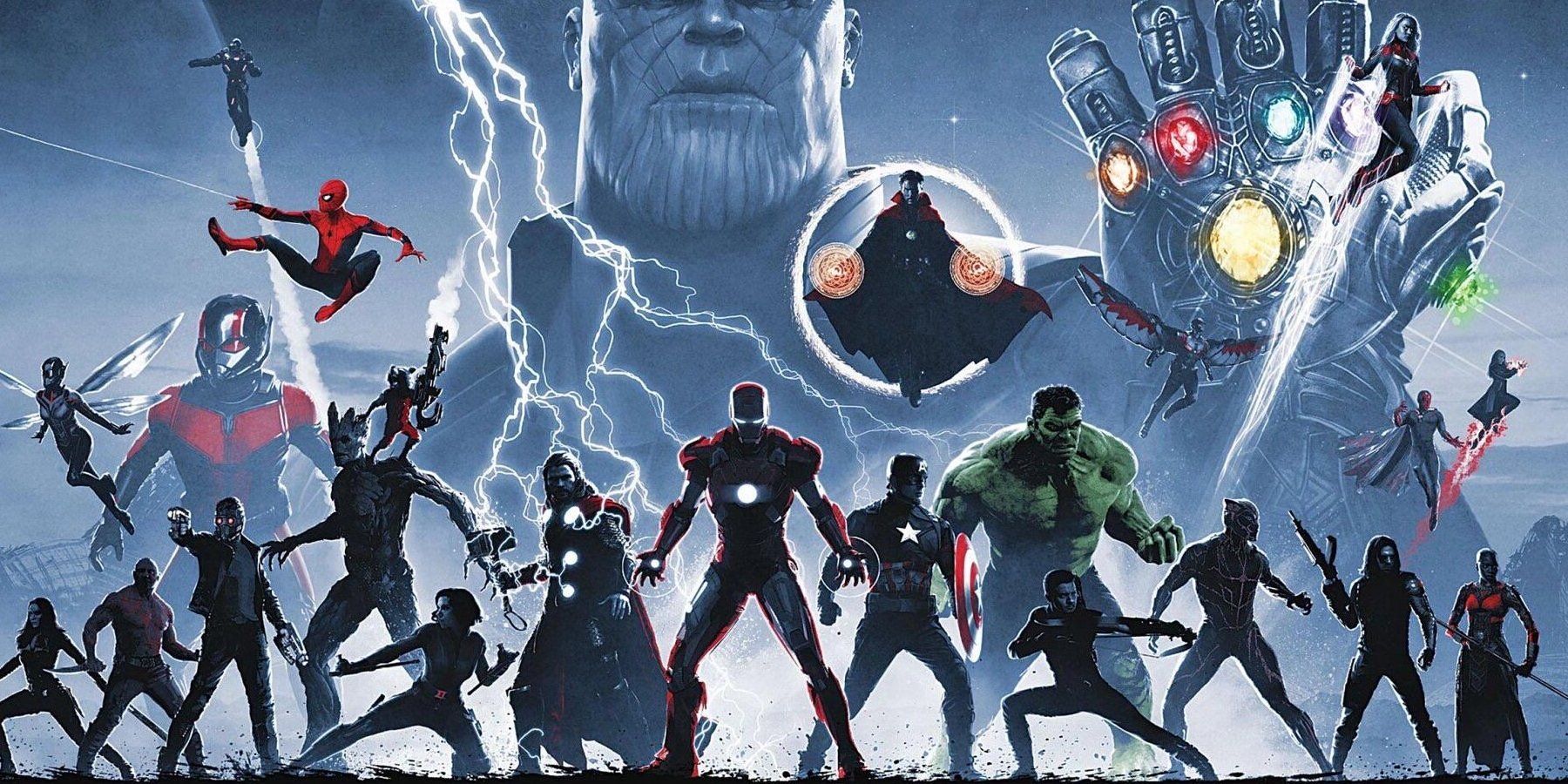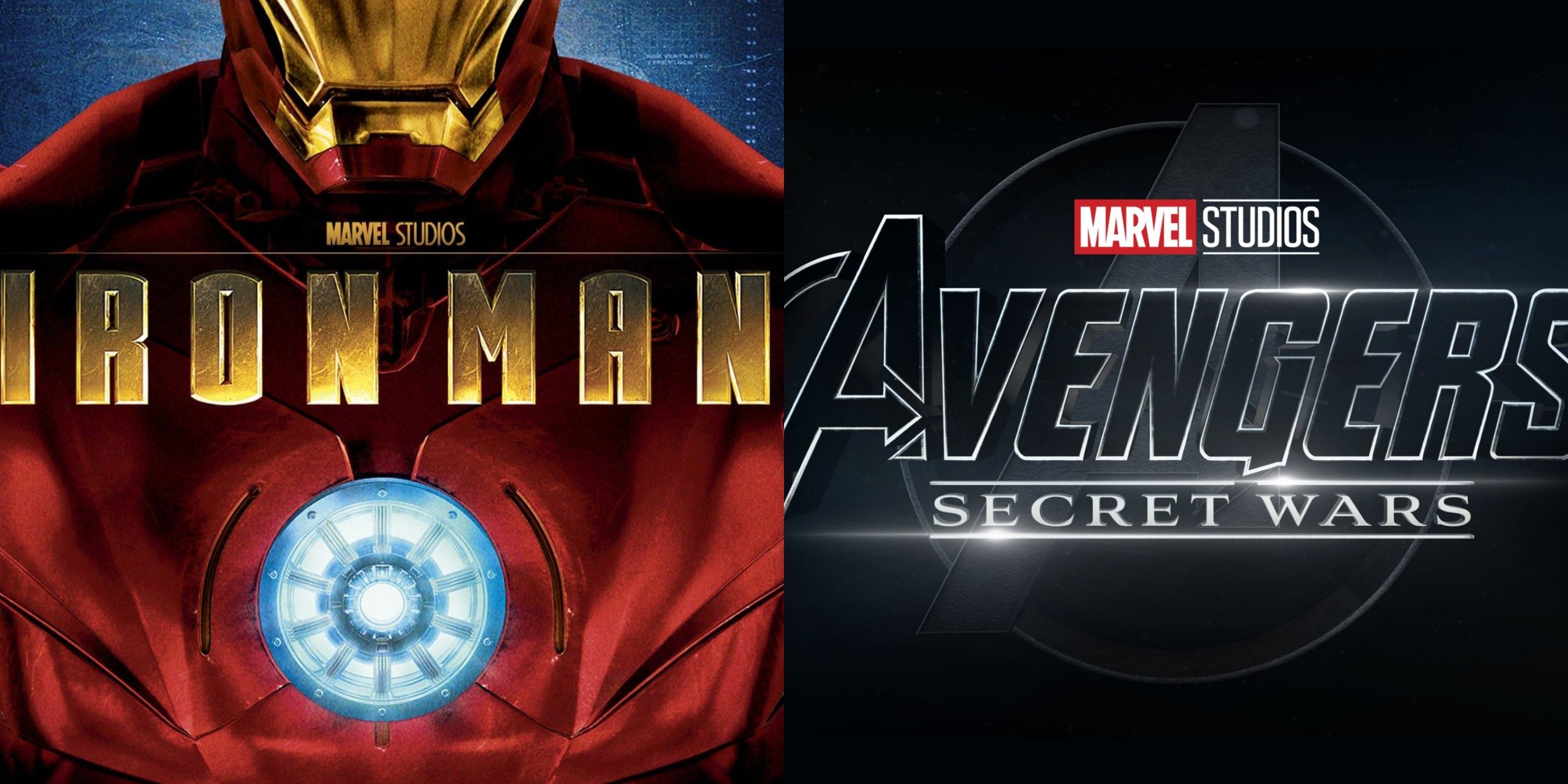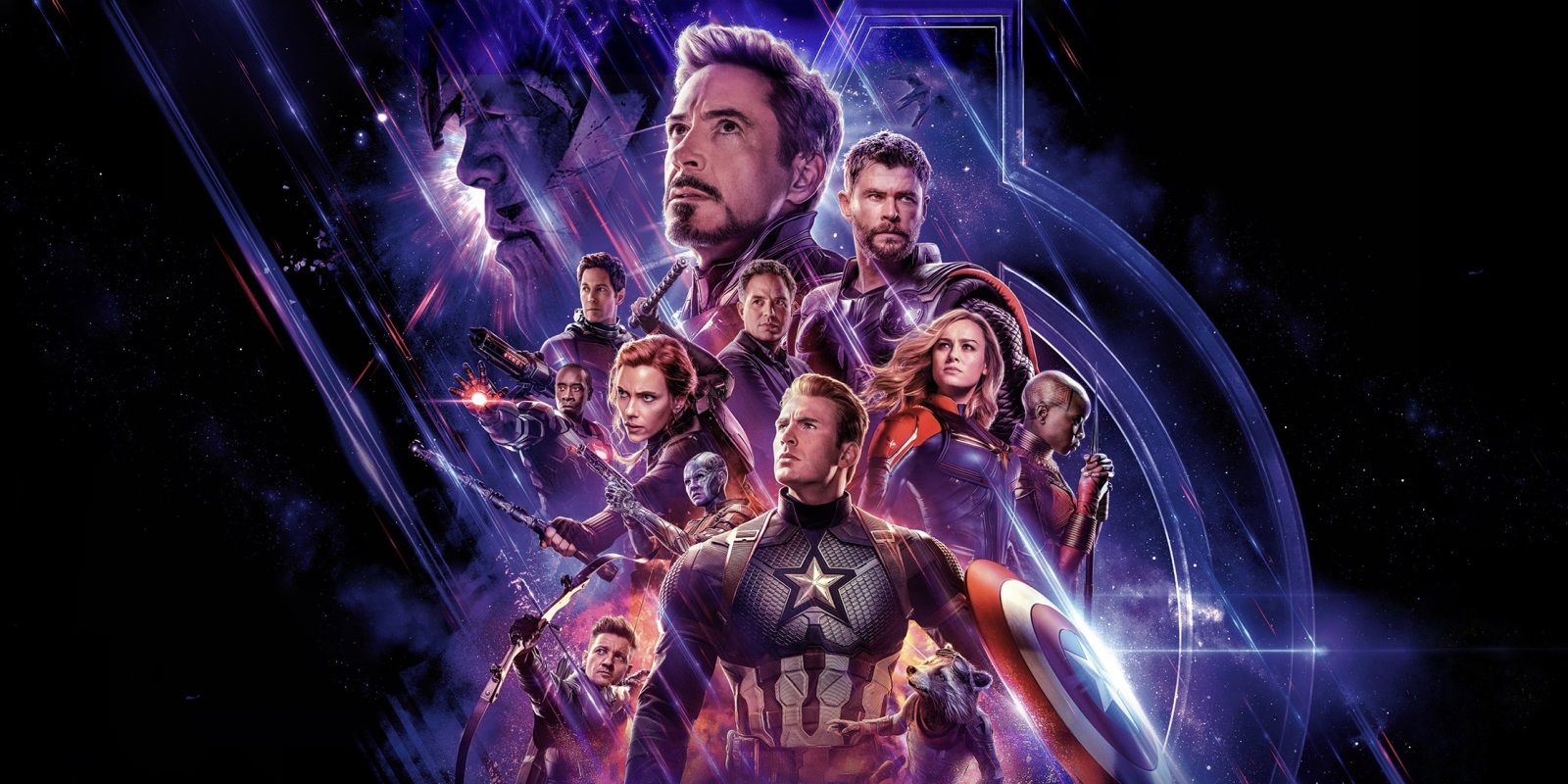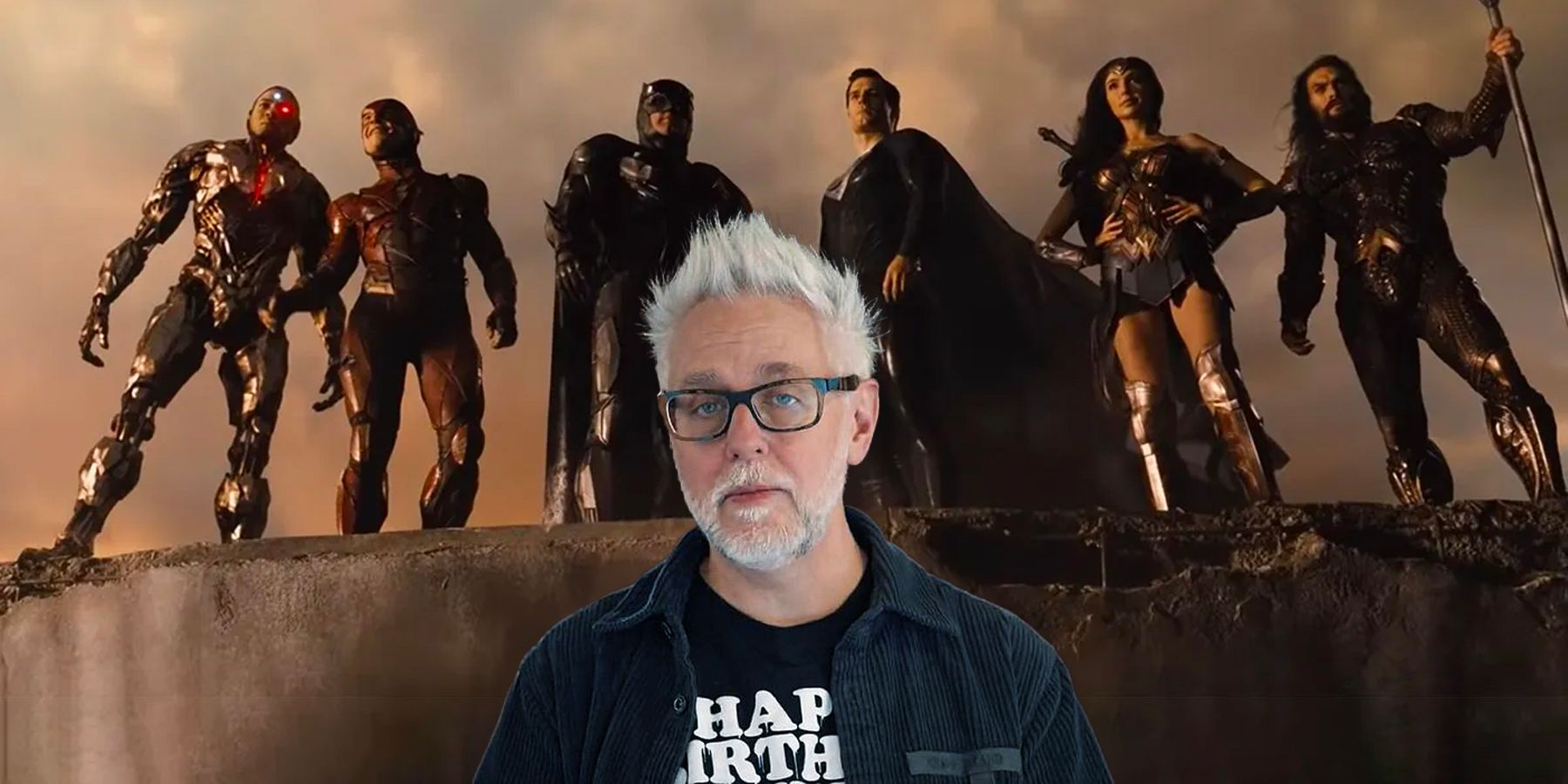
The Marvel Cinematic Universe Takes Shared Universes to New Heights

The MCU is revolutionizing shared universes by demonstrating the challenges and rewards of long-term cinematic storytelling, while the DCU capitalizes on its freshness to differentiate itself in the crowded superhero genre
Highlights
The MCU's success in creating a shared universe has led to both success and risks for the production company, with 32 films under their belt.
The Infinity Saga provided a satisfying conclusion to the collective story of the MCU. However, the post-Endgame era has witnessed a shift towards emphasizing set-up for future films rather than standalone narratives. In contrast, the DCU has the advantage of beginning anew and can utilize the MCU's missteps as a learning opportunity. This positions them to construct their own prosperous shared universe at a time when the popularity of the MCU is gradually waning.
Comic book stories have an innate ability to stand alone while also existing within a larger shared universe. This dynamic is particularly effective in the realm of animation, where the boundaries are limitless. The absence of restrictions allows for a multitude of storylines, whether they are connected to the greater universe or not, ensuring a constant freshness.
The MCU, however, challenged this concept with the Infinity Saga. Over the course of a decade, they successfully created 23 movies that formed a cohesive narrative, culminating in the conclusions of both Avengers: Endgame and Spider-Man: Far From Home. Yet, in their attempt to continue the collective story after such an epic era, the MCU has encountered the risks associated with starting anew. With 32 films already released within this cinematic universe, Marvel Studios has unintentionally provided valuable lessons to other production companies on both successful strategies and pitfalls to avoid.
The MCU Has Been Going for 15 Years
Starting in 2008 with the iconic Iron Man film, the MCU made its mark. The post-credit scene introduced the concept that this superhero movie was part of a larger story, as Nick Fury invited Tony Stark to join the Avengers Initiative.
Unlike previous comic book movies, such as the Batman films and Sam Raimi's Spider-Man trilogy, which focused solely on one superhero and their storylines, the MCU revolutionized the genre. They treated their movies like a comic book series, staying true to the art form and expanding the universe across multiple films.
After the resounding triumph of the initial Avengers film, it became evident that this filmic concept possessed a potent allure and had the potential to achieve immense success. As a result, other movie production companies, notably DC, swiftly emulated a similar trajectory. Nevertheless, the sustainability of this effectiveness is finite, ultimately breeding monotony and, in certain instances, a hint of staleness.
Shared Universes Aren't Built to Last
The Infinity Saga remains adored by Marvel fans primarily due to its immensely satisfying conclusion. While a handful of movies in the Saga may have fallen short, they nonetheless played a vital role in the overarching narrative of the shared universe. These films excelled by placing strong emphasis on their respective protagonists, with only a minor contribution to the broader universe-wide plot.
The Infinity Saga possessed a distinct quality that allowed each film to delve into the identities of the heroes, inviting viewers to not only gain knowledge about them but also develop understanding and empathy. However, following Endgame, the overall storytelling in the MCU movies began to deviate further from focusing on individual protagonists and started emphasizing their connections with future MCU films. As a result, each story started to veer towards becoming more of a "set-up" film rather than standing on its own within the shared universe.
In simpler terms, if every MCU movie followed the same formula as an Avengers film, it would become monotonous and predictable. The reason why there were only four Avengers movies in the Infinity Saga is because each solo film excellently contributed to the buildup of Thanos, gradually involving each hero in his galactic conquest. It never felt contrived, and every element that brought a hero into the mix was earned and played a pivotal role in their own narrative. In the post-Endgame era, there is a sense of haste to reach the next Avengers movie, leaving viewers with limited time to familiarize themselves with the new group of heroes.
The DCU Has the Advantage of Being Fresh
Achieving freshness can be challenging when creating a series of interconnected films. It is crucial that each film introduces something new to the plot, and when it all comes together, it feels justified and necessary to propel the story forward. The DCU still has the chance to embrace this concept and learn from the mistakes of the MCU.
With the conclusion of the DCEU and Zack Snyder's departure, James Gunn's DCU offers a fresh start. He has the opportunity to incorporate or build upon existing stories while leveraging his own unique vision and drawing from the immense success of the MCU.
With the conclusion of Endgame, many fans believe that the MCU's story has come to an end and is currently in disarray. This presents an opportunity for the DCU to capitalize on by enticing these same fans to embark on an entirely fresh journey with new characters who gradually unite to form a formidable team of superheroes. Unlike the DCU, which is still awaiting the release of a second Justice League film and faces uncertainty regarding its involvement in the future of the Gunn franchise, the timing is ideal for DCU to establish their shared universe from its early stages. This coincides with the slight decline in popularity of the MCU, piquing the curiosity of more people who crave a new narrative and granting the DCU the chance to build towards their own version of Endgame.
















